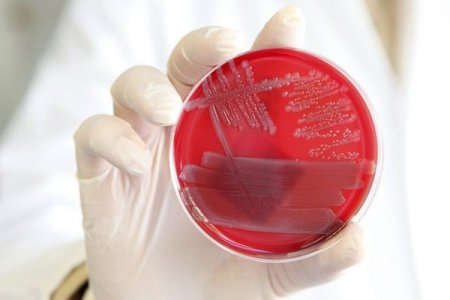E. coli bacteria: Contagion, symptoms and treatment
The first thing that should be noted is that not all strains of E. coli bacteria (Escherichia coli) are equal. However, we must recognize that the E.Coli bacteria chases the bad reputation, being often associated with digestive or urinary tract infections, forgetting that this organism is also present in our gut without involving any problems for our health, but quite the opposite.
And that could be termed as good E. coli bacteria involved in the proper absorption of vitamins. The problem is when we take with a dangerous e. coli strain. Let’s look more closely, what is behind the E.Coli bacteria and when we should really be cautious.
Table of Contents
Contagion
The E. coli 0157: H7 is considered the most dangerous strain and the main cause of the poisoning, mainly by eating meat or contaminated water. The slightly cooked meat and that has been in contact with the bacteria or debris from the gut of the animal, the raw or slightly cooked eggs or unpasteurized milk favor the development of bacteria, including E. coli bacteria.
Symptom
The main symptom of infection with dangerous strains of E. coli is diarrhea, which is usually accompanied by blood.
Also, there can be appearing gases, abdominal pain, vomiting and loss of appetite. The symptoms may take several days to appear and should consult a doctor to prevent the disease becomes worse, in these cases can cause blood in the urine, dry mouth, dizziness, bruising or anemia, among other problems.
Treatment
The most effective treatment is to follow a soft and astringent diet (includes white rice and yogurt rich in probiotics) to cut the diarrhea and especially care for hydration, so in addition to drinking water (drinking small amounts throughout the day) are also good the infusions and broths. The doctor will determine whether we need to take any medication to recover. It is essential not to self-medicate or take antidiarrheals.
The prevention plays an important role by adopting some simple habits, such as washing hands thoroughly before preparing food, avoid dairy products that have not been pasteurized or thoroughly wash vegetables before eating.
